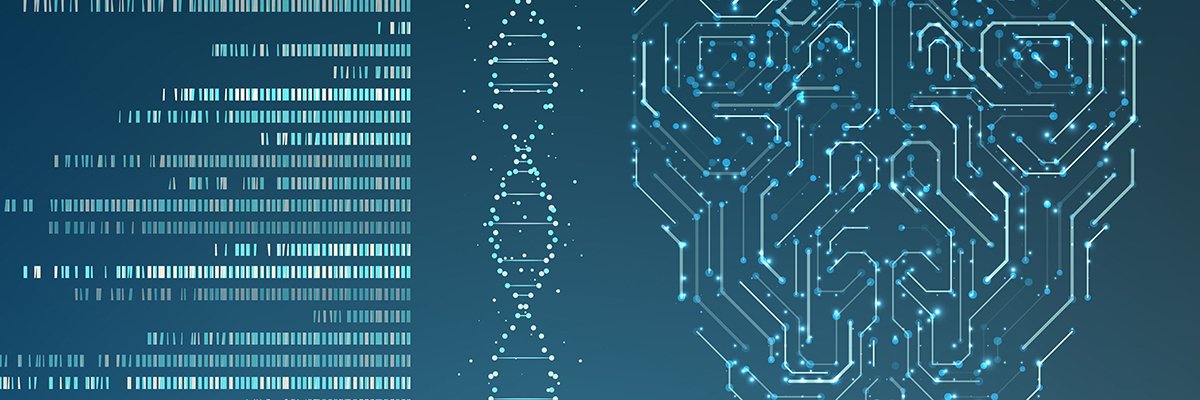Grad student blends tech and healthcare with big data research

As a Healthcare Informatics student, Swathika Kothmiri ’24 is navigating how to provide patients with better healthcare experiences through her research in the classroom. Taking Bryant’s “Introduction to Healthcare Informatics” course with Associate Professor and Program Director of Healthcare Informatics Nafees Qamar, Ph.D., during the last academic year, Kothmiri focused on big data analytics in electronic health records and its evolving role in the healthcare industry.
Big data analytics encompasses the techniques and tools used for gathering, processing, and extracting insights from massive datasets. As healthcare providers digitize patients’ comprehensive health information, this type of analytics can be used to make more informed decisions regarding a patient’s treatment. Intrigued by the digital processing of information, Kothmiri looked at research studies that centered on integrating analytic models into electronic health records systems and investigated the delayed adoption of analytics while also proposing an innovative systematic methodology to address this issue.
“This project helped me improve my research skills and allowed me to focus on my academic interests, including how analytics are used to collect and analyze patient data,” Kothmiri says.
RELATED ARTICLE: Are predictive analytics key to reducing costs, improving healthcare? One expert thinks so
Born and raised in India, Kothmiri’s interest in healthcare began during her senior year of high school. Initially set on becoming a pharmacist, she attended Jawaharlal Nehru Technological University but graduated four years later with a new goal in mind.
“In the pharmacy field, I learned a lot of theoretical concepts such as what a prescription looks like and how the doctor would write a prescription, but I wanted to learn more about the electronic version of a prescription and how it’s managed. Seeing the evolution of healthcare and how technology is used within the industry prompted me to learn more about healthcare informatics,” says Kothmiri, who now aspires to become a clinical informatics specialist in the U.S.
Searching for a master’s program that catered to her academic interests, Kothmiri says Bryant’s curriculum was the best match. From learning how to use software programs such as Python, Tableau, QGIS, SQL, and MindTap, to receiving hands-on learning with real-time electronic health records, Kothmiri is improving her practical education and confidence in the analytics side of healthcare one class at a time.
“I come from a science background where I didn’t use any software,” Kothmiri says. “These experiences will prepare us for our careers.”
RELATED ARTICLE: Bryant researcher develops AI model for detecting emphysema, other thoracic disorders
Healthcare Informatics, which launched during the 2023-24 academic year, is a 12- to 18-month in-person and hybrid program that teaches students how to think critically and analyze complex data to inform business decisions and become prepared leaders in STEM fields. Consisting of courses in population health, data visualization, data mining, and more, the students’ education culminates in a semester-long internship or capstone project.
Currently in the program’s summer session, Kothmiri will soon prepare for an internship this fall and wrap up her degree in December.
link







